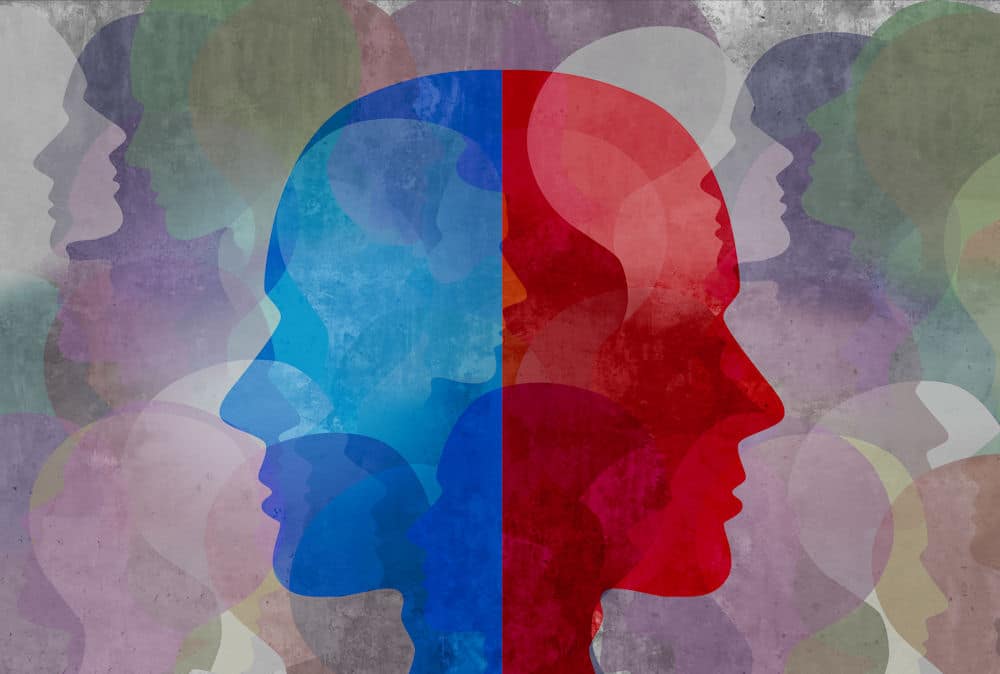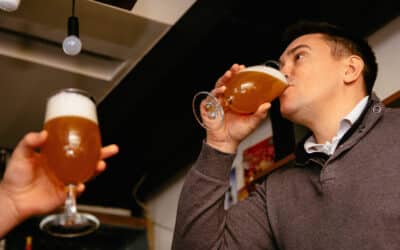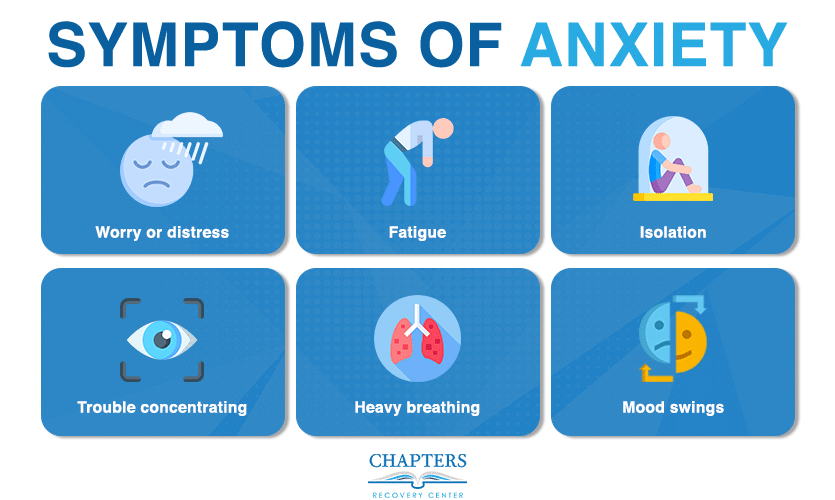Overcoming alcohol use disorder can be incredibly difficult. But, having support and guidance throughout your recovery journey is crucial to your success. One of the most important areas to receive guidance is the topic of relapse. More specifically, it is vital to learn about what causes relapse and how to avoid resorting back to alcohol misuse. Learning about common alcoholic triggers and the common causes of relapse can make all the difference in your journey to recovery. Even after completing rehab for alcoholism, you can stay on track.
What Are Alcoholic Triggers?
Alcoholic triggers are things that make recovering individuals want to drink again. Any object, person, place, or situation that reminds a person of alcohol use and may lead them to desire alcohol may be a trigger.
Triggers develop when the brain makes a connection between them and alcohol. Again, they can come in many physical forms, such as the previously mentioned types. However, triggers do not have to be tangible. Some triggers are emotions and states of mind.
Most Common Alcoholic Triggers
Not everyone who is recovering from alcohol use disorder will have the same triggers. Different experiences and unique personal histories with alcohol can lead to the development of very specific and individualized triggers. Still, there are types of situations and occurrences that can act as common triggers for those recovering from alcoholism. Triggers can come in the following forms:
- Environmental triggers (i.e. places, events, etc.)
- Human triggers (i.e. friends, family members, and other people)
- Social triggers (i.e. unhealthy relationships, family changes, etc.)
- A.L.T. (i.e. emotions and feelings)
Knowing more about these types of triggers can help equip you for a successful recovery.










